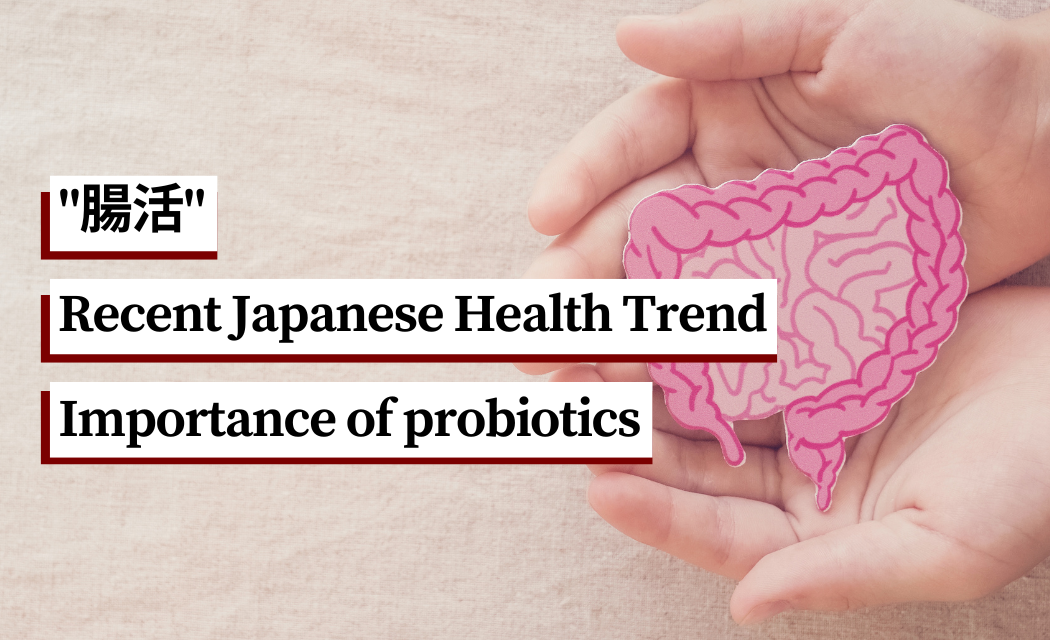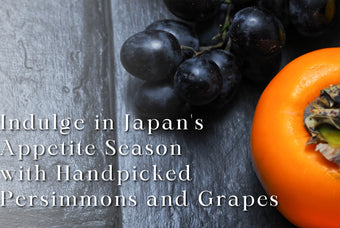6843747205285,
7989842903278,
8130935947502,
8203260002542,
6147332931749,
7082945675429,
6147333095589,
6965496643749,
6147333161125,
8059432567022,
8126449811694,
6578855051429,
7035390656677,
6843592048805,
6938258604197,
6147332767909,
7341229408494,
7440529064174,
6928061038757,
6147332866213,
6147332800677,
8119360848110,
6706127503525,
6706119606437,
6706109579429,
6147333062821,
7530567696622,
7035367194789,
6578863931557,
7495676559598,
6577622286501,
8130926575854,
6928080208037,
6577687789733,
8201449636078,
8201450750190,
7972869046510,
6705435902117,
6147332997285,
6706113216677,
6727099580581,
6792759869605,
8410924417262,
8394567352558,
8394506928366,
8394476454126,
8394515939566,
8351512887534,
7867184742638,
8207123546350,
8207123415278,
8319975063790,
8319985811694,
8320041255150,
8320063209710,
8320050594030,
8320048562414,
8319978963182,
7329083949294,
8219760263406,
8219858862318,
8235061412078,
8235061805294,
8246463561966,
8246464348398,
8212775895278,
8212775960814,
8212775829742,
8212775796974,
8212775862510,
8228645765358,
8238901493998,
8228646093038,
8185540182254,
8215202988270,
8210052448494,
8203260002542,
8185541263598,
8091302592750,
8185540509934,
8185541624046,
8185540804846,
8185541001454,
8175401631982,
8175397077230,
8175393243374,
8175382167790,
8173331382510,
8182535586030,
8148884586734,
8131343614190,
8148896743662,
7430491701486,
6147333161125,
7636900937966,
7926811001070,
6938258604197,
8067419570414,
7922378866926,
7944215331054,
6965496643749,
7884957679854,
7728361472238,
8006360170734,
7082945675429,
7884958007534,
8228645765358,
6843747205285,
7341229408494,
6147332767909,
7744358547694,
7329083949294,
6147333095589,
7885137051886,
8091303018734,
8091302592750,
8128606306542,
6147332931749,
7989842903278,
7863243047150,
6843592048805,
8185541263598,
7744357990638,
8238901493998,
7963040809198,
8185540182254,
6706127503525,
8130924806382,
7884956598510,
7696578412782,
6147333062821,
8128632062190,
6928061038757,
6578855051429,
8228646093038,
8117254389998,
8235061805294,
8210052448494,
8207123415278,
7530567696622,
6706109579429,
8235061412078,
8067419570414,
8006360170734,
7885137051886,
8207123415278,
8207123546350,
8219858862318,
7884957679854,
7884958007534,
8117254389998,
8131343614190,
8148884586734,
8148896743662,
8148843987182,
7935759974638,
7935759679726,
7542371090670,
8185541263598,
8067419570414,
8210052448494,
7944215331054,
8319985811694,
6147333161125,
8235061805294,
8219858862318,
8207123415278,
8297332113646,
8238901821678,
8115498844398,
8097698087150,
7867184742638,
8319985811694,
8320063209710,
8320050594030,
8320048562414,
8228645765358,
8238901493998,
8228646093038,
8185540182254,
8185541263598,
8185540509934,
8185541624046,
8185540804846,
8185541001454,
8175401631982,
8175397077230,
8175393243374,
8175382167790,
8148884586734,
8131343614190,
8148896743662,
8148843987182,
8130935947502,
8128606306542,
8128632062190,
8126375657710,
8117254389998,
8119360848110,
7884956598510,
8006360170734,
7963040809198,
7926811001070,
7944215331054,
7922378866926,
7884958007534,
7884957679854,
7885137051886,
7863243047150,
7863243145454,
7744358547694,
7744357990638,
7636900937966,
7530567696622,
8238901821678,
7536613949678,
8185541951726,
8182577135854,
8185539854574,
8184870961390,
8130926575854,
7696578412782,
7696591749358,
7863243145454,
7863243047150,
7753097806062,
7779373940974,
7779308077294,
7867184742638,
7780385161454,
7664408559854,
6147333161125,
6938258604197,
6965496643749,
7082945675429,
6843747205285,
7341229408494,
6147332767909,
6147333095589,
6147332931749,
7989842903278,
6843592048805,
6706127503525,
6147333062821,
6928061038757,
6578855051429,
6706109579429,
7035390656677,
8059432567022,
6147332866213,
6147332800677,
7035367194789,
6705419681957,
6706119606437,
6578863931557,
8126449811694,
8203260002542,
8119360848110,
7440529064174,
6577622286501,
6706113216677,
6928080208037,
6727099580581,
6147332997285,
6792759869605,
6577687789733,
6705435902117,
7972869046510,
8201450750190,
8201449636078,
8394567352558,
8394506928366,
8394476454126,
8394515939566,
7867184742638,
8207123546350,
8207123415278,
8319975063790,
8319985811694,
8320041255150,
8320063209710,
8320050594030,
8320048562414,
8319978963182,
7329083949294,
8219760263406,
8219858862318,
8235061412078,
8235061805294,
8246463561966,
8246464348398,
8212775895278,
8212775960814,
8212775829742,
8212775796974,
8212775862510,
8228645765358,
8238901493998,
8228646093038,
8185540182254,
8215202988270,
8210052448494,
8185541263598,
8185540509934,
8185541624046,
8185540804846,
8185541001454,
8175401631982,
8175397077230,
8175393243374,
8175382167790,
8148884586734,
8131343614190,
8148896743662,
8148843987182,
8130924806382,
8130935947502,
8128606306542,
8128632062190,
8126375657710,
8410924417262,
8351512887534,
8091303018734,
8182535586030,
8173331382510,
8091302592750,
8240633905390,
8194810020078,
8193751351534,
8169390342382,
8091302691054,
8193754005742,
8170009755886,
8126625284334,
8169377792238,
8091303248110,
8118899343598,
8091302953198,
8091302428910,
8212775796974,
8212775829742,
8212775960814,
8212775895278,
8212775862510,
8212775993582,
8212775928046,
7530567696622,
7922378866926,
7536613949678,
7664408559854,
7728361472238,
8351512887534,
8246463561966,
7430491701486,
8130924806382,
8297332113646,
8228645765358,
8228646093038,
8238901493998,
7885137051886,
7884956598510,
8130935947502,
7884957679854,
7884958007534,
8117254389998,
7863243047150,
7863243145454,
8131343614190,
8148896743662,
8148843987182,
8148884586734,
8126375657710,
8119360848110,
6147332931749,
7867184742638,
8319985811694,
8320048562414,
8320063209710,
8238901821678,
8130926575854,
7847323369710,
8025857687790,
8185541001454,
8185540804846,
8091302592750,
8182535586030,
8091303018734,
8173331382510,
8351512887534,
8410924417262,
8240633905390,
8193751351534,
8194810020078,
8169390342382,
8193754005742,
8169377792238,
8170009755886,
8126625284334,
8091303248110,
8118899343598,
8091302953198,
8091302691054,
8091302428910,
8213765128430,
8320063209710,
8126375657710,
6705419681957,
8185540182254,
8215202988270,
7963040809198,
8185541263598,
8320041255150,
7922378866926,
7329083949294,
8185541624046,
7636900937966,
7926811001070,
7884956598510,
8097969832174,
8097969275118,
8212775829742,
8212775796974,
8212775895278,
8212775862510,
8212775960814,
8185540509934,
8185540804846,
8185541001454,
8297332113646,
8213765128430,
8212775993582,
8212775928046,
7900361588974,
7900361523438,
7900204335342,
7637118550254,
7927645536494,
8185541951726,
8023757816046,
8184870961390,
8185539854574,
8006360170734,
7944215331054,
7744357990638,
7744358547694,
8175393243374,
8175401631982,
8175382167790,
8175397077230,
8320050594030,
8182577135854,
8185539854574,
8184870961390,
8023757816046,
7935759679726,
7935759974638,
7430491701486,
8319985811694,
8235061412078,
8235061805294,
8246464348398,
8128606306542,
8128632062190,
8319975063790,
8246463561966,
8130924806382,
7536613949678,
8319082004718,
8319548227822,
8182577135854,
8130873393390,
8025857687790,
8235061805294,
8235061412078,
8246463561966,
8246464348398,
7944215331054,
8210052448494,
7728361472238,
7744358547694,
7744357990638,
8219760263406,
8175401631982,
8175397077230,
8175393243374,
8175382167790,
8319978963182,
8320048562414,
8320050594030,
8097698087150,
8115498844398,
7847323369710,
7060798046373,
8319977128174,
8185540182254,
8185541263598,
8185540509934,
8185541624046,
8185540804846,
8185541001454,
8128606306542,
8128632062190,
7963040809198,
7926811001070,
7636900937966,
8185541951726,
7927645536494,
7637118550254,
8228645765358,
8238901493998,
8228646093038,
8394567352558,
8394515939566,
8394506928366,
8394476454126,
8238901821678,
8228645765358,
8238901493998,
8228646093038,
8394567352558,
8394515939566,
8394506928366,
8394476454126,
8238901821678,
8410924417262,
8394567352558,
8394506928366,
8394515939566,
8394476454126,










![[Restock] Negitoro and Award-winning Soy Sauce](http://jx.today/cdn/shop/articles/negitoro-mb_340x228_crop_center.jpg?v=1696387775)


![[New] Oyaki - Mountain Veggie Dough Delights from Nagano Prefecture](http://jx.today/cdn/shop/articles/oyaki-text_340x228_crop_center.jpg?v=1695757170)




